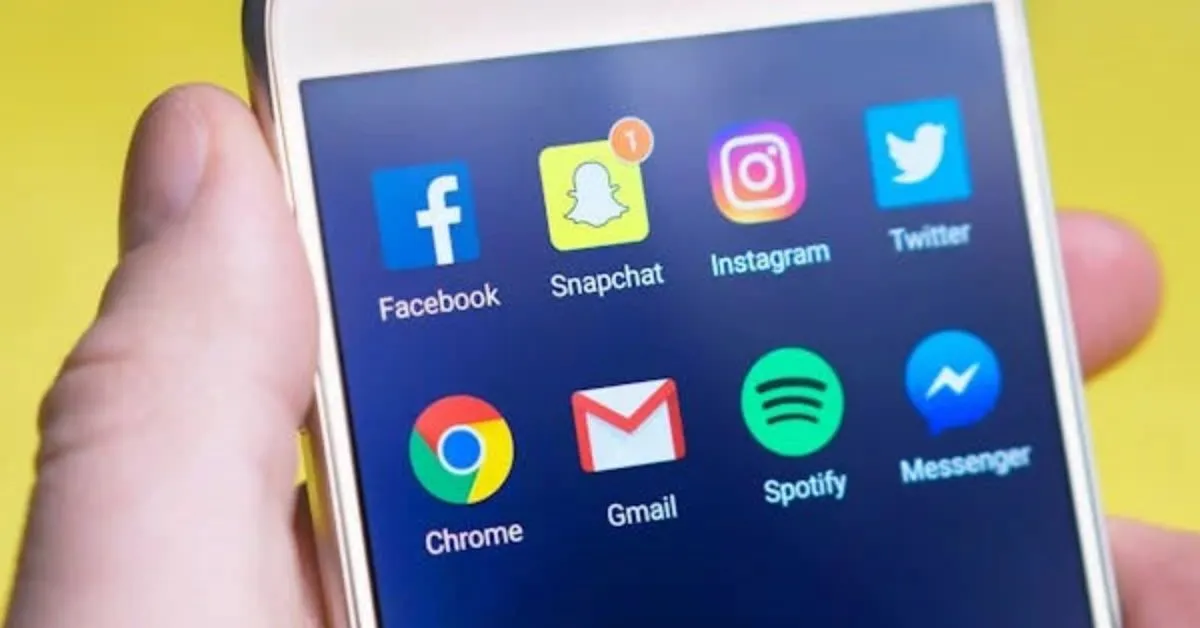
The proposed law so that Minors under 16 years of age cannot access social networks It arrived this Thursday at the Australian Parliament, with possible fines of up to 32.2 million dollars (30.7 million euros) for technology companies that fail to comply.
By presenting the bill today before the Canberra ParliamentCommunications Minister Michelle Rowland insisted that this is about “protecting young people, not punishing or isolating them.”
(See also: Colombian was accused of exploiting and mistreating Venezuelans in Australia: this is how he operated)
“The bill puts the onus on social media platforms, not parents or young people, to take reasonable steps to ensure that fundamental protections are in place,” Rowland said.
The Online Safety Amendment Bill on Minimum Age on Social Networks of 2024which will amend the Online Safety Act 2021, has been promoted by the Australian Labor Government with the aim of mitigating mental health problems in children and adolescents.
Pexels
The legislation, which if approved would come into force in a year, will affect social networks such as Instagram, TikTok, Facebook, X and Snapchat, although it includes exceptions for platforms such as YouTube and those focused on health and education, in addition to messaging and games. online.
He primer Australian minister, Anthony Albaneseexplained in a memorandum published today on the Parliament portal the sanctions that digital platforms that fail to comply with the age restrictions of users who have an account would face, according to the legislative proposal.
The fines will range from 9.9 million Australian dollars (6.4 million dollars or 6.1 million euros) to 49.5 million Australian dollars (32.2 million dollars or 30.7 million euros ), according to the document.
(See also: Quick Guide to Changing Your Instagram Profile Photo – You Can Also Include an Avatar
)
The bill does not exclude under 16 years old who already have accounts on social networks or those who have parental consent, although it does not contemplate sanctions for users or parents.
Rowland today justified these exceptions because these platforms, considered low risk, are not subject to “(strong) algorithmic selection of content or the psychological manipulation of encouraging infinite participation.”
Criticisms and reservations
The Australian Human Rights Commission This Thursday, he expressed his “reservations” about the proposal in a statement, due, he stressed, to the “potential of these laws to significantly interfere with the rights of children and young people.”
“When limiting rights to protect children from harm online, the limitations must be lawful, necessary and proportionate. This means using the least restrictive option available to achieve the intended purpose,” rather than a “blanket ban,” the Commission noted.
He Anthony Albanese Labor Party It has the majority in the Lower House, but not in the Senate, so it will have to seek the support of other parties for the law to go ahead.
At the moment, there are several independent legislators undecided about the proposal, while the Green Party has expressed its opposition.
Meta, for its part, considered after the proposal was announced by the Australian Government at the beginning of the month that the responsibility for age verification should fall to the app stores and not on digital platforms, so that when parents purchase a phone for their children it is configured to prevent a minor from accessing harmful content.
Meta’s policy director in Australia and New Zealand, Mia Garlicksaid then that there is no “perfect” technological solution to restrict minors’ access to social networks and protect them from harmful content.
The initiative of Australia It joins countries like Spain, which set the minimum age to open a social media account first at 14 and then at 16, and places in the world like Puerto Rico and New York that have adopted similar measures.
Source: https://www.noticiascaracol.com/mundo/australia-debate-ley-para-que-menores-de-16-anos-no-puedan-usar-redes-sociales-cb20


